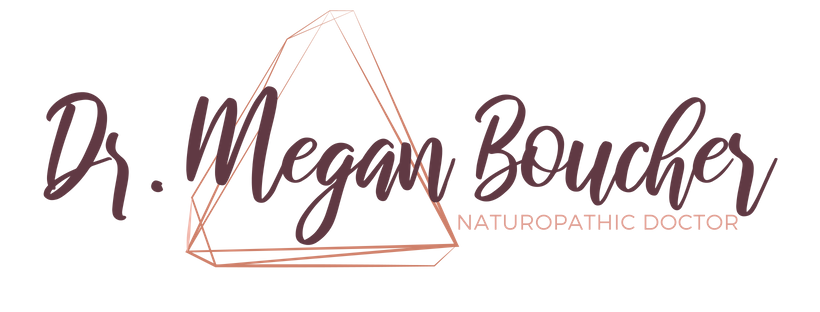What Is Your Thyroid?
Your thyroid is a small butterfly-shaped gland that sits at the front of your neck. It is considered an endocrine gland as it produces some pretty important hormones!
The Low-Dow on Hormones

TRH – Thyroid Releasing Hormone
This is a hormone produced and released from the Hypothalamus in the brain. Its primary function is to activate the pituitary to create and release Thyroid Stimulating Hormone.
TSH – Thyroid Stimulating Hormone
This hormone is produced and released from the pituitary in response to TRH from the hypothalamus. Its primary function is to activate the thyroid to produce and release T4.
MIT – monoiodothyronine
Combined with DIT, this is a precursor molecule to T3. It is made in the thyroid by combining iodine with tyrosine.
DIT – diiodothyronine
Combined with MIT, this is a precursor molecule to T3. Combined with another DIT, it is a precursor molecule to T4. It is made in the thyroid by combining two iodine molecules with tyrosine.
T4 – Thyroxine
This hormone is considered the “inactive” hormone and is produced and released from the thyroid. It is found in much larger quantities in the body than the “active” form, T3.
T3 – Triiodothyronine
This hormone is considered the “active” hormone, and is produced and released in small amounts by the thyroid. It is also converted from T4 in the peripheral tissues.
Your thyroid needs specific nutrients to properly build and release thyroid hormones, such as iodine, zinc, selenium, and tyrosine. If these nutrients are deficient, or imbalanced, your body will have a difficult time producing T4 and converting it to T3.
The Importance of Balance
When T4 and T3 are produced in adequate amounts, they form a “negative feedback” loop, which signals the pituitary to stop producing TSH, and therefore, signaling the production of T4 and T3 to stop. When T4 and T3 are low, TSH continues to be produced, leading to high levels.
The levels of T4, T3, and TSH can be measured using a blood test. Here is a quick break down TSH, T4 and T3, and what it may mean when they aren’t in balance

Your Hormone in Action
Thyroid hormones, particularly T3, stimulate the metabolic activity of most tissues!
Specific functions include:
- Break down of fats and carbohydrates
- Energy (ATP) production
- Growth and development
- Cardiovascular function
- Brain function
- Normal reproductive function
This explains why when your thyroid is not functioning properly, a wide variety of symptoms can occur. If you believe you have a dysfunctional thyroid, talk to your doctor about having a blood test done.
If you’re in the Georgetown area and would like to discuss more about your thyroid function, book an appointment by following this link or learn more about the conditions I treat here.

